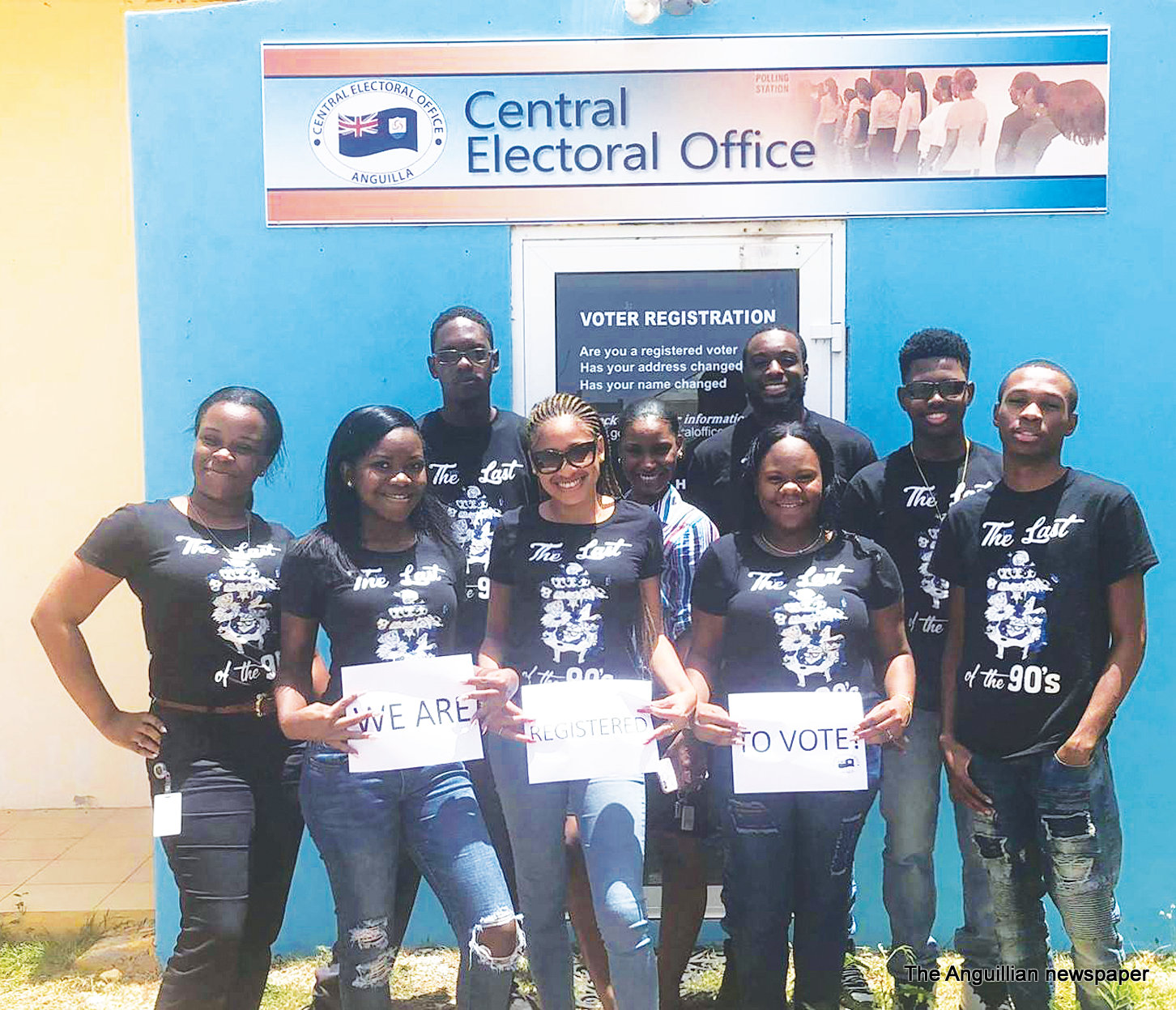Anguillians, residents of, and visitors to, Anguilla noted and commended the reactions of Anguillians and residents of Anguilla in the immediate aftermath of Hurricane Irma. Our response rate, in comparison to neighbouring islands that suffered the ravages of Hurricanes Irma and Maria, was viewed as superior. Many persons have, however, observed that despite initial laudable efforts there is still work to be done to remove debris which, in addition to being unsightly, can potentially become missiles in the event of another major tropical weather event. It is good to see the recent efforts of community minded persons to remove the remaining debris.
There is, however, a more significant concern which is attracting the attention of various sectors in Anguilla. Persons are commenting on the slow pace of the much needed repairs and rebuilding required by many Government buildings. As we approach the peak of the 2018 Hurricane Season, the continuing vulnerability of many public buildings is cause for serious concern. The Police Headquarters, the Court House, the House of Assembly, the MICUH and MHA offices are some of the structures which remain vulnerable. Why are these buildings still in a state of vulnerability as we approach the heart of the hurricane season which has already produced three named storms?
It appears that blame for the slow pace of proceedings can be spread among appointed and elected officials, representing Anguilla and the United Kingdom. Local officials had to ‘jump through many hoops’ before a portion of the approved UK Aid Funds was released. The released funds, however, cannot be utilised until a final determination is made as to where such funds should be focused and the amount that should be focused on the identified project. It is my understanding that Anguilla’s appointed and elected officials have been slow to make final determinations as to how the available funds will be utilised. Additionally, where funding has been allocated to a particular project, disagreements between public officers and FCO employees, on technical issues, delay progress and invariably some of the allocated funds are utilised to resolve the technical disagreements. This has involved, I understand, the employment of technical expertise, using a portion of the allocated funds, or the use of expensive technical measures which local experts consider to be unnecessary.
These wranglings have contributed to the delayed repairing and rebuilding of damaged or destroyed public infrastructure. It is obvious that without cooperation and collaboration among all stakeholders, involved in the rebuilding process, Anguilla will lose. The biggest loss will be reflected in the poor utilisation of the available funds, potentially resulting in the projects undertaken being incomplete – or entire projects not being undertaken because funds were not efficiently utilised.
The failure to efficiently and effectively utilise the UK Grant Aid Funds will reflect poorly on all GoA and UK stakeholders, and will likely result in Anguilla continuing into the foreseeable future with unsustainable infrastructure – when more timely decision making, and appropriate use of available funds, might have prevented this situation.
It’s not too late to try to get it right. The potential for poor utilisation of the available funds can be alleviated if stakeholders achieve an appropriate level of cooperation and collaboration when considering the various projects. To achieve this, mutual respect must be demonstrated by professionals as they engage with each other – and egos must be left at the door. This is essential if Anguilla is to realise the intended and desired benefits of the grant funds, and will be reflected in the timely delivery of approved projects.
Progress after Hurricane Irma should be facilitated not stymied.








